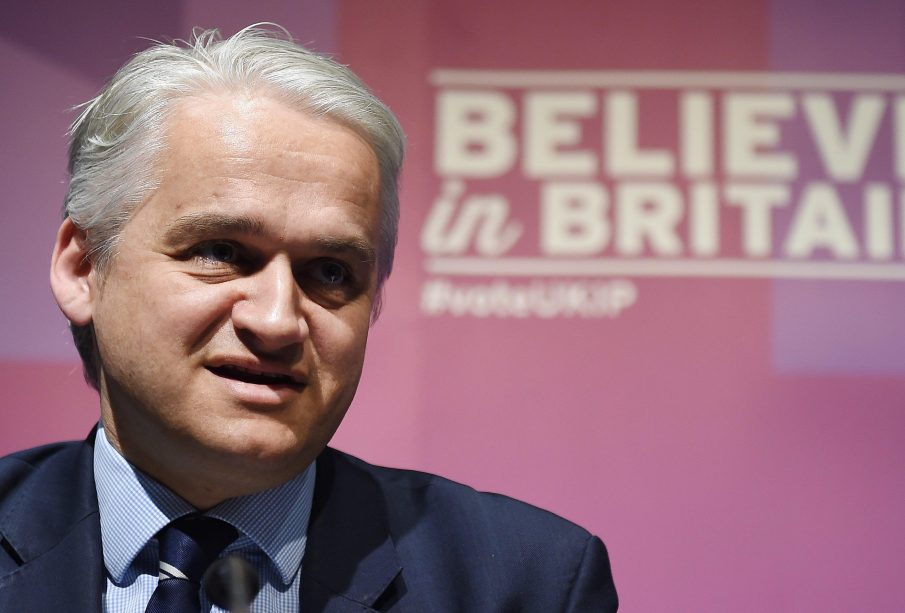An Insight into Patrick O’Flynn’s Political Commentary

The Relevance of Patrick O’Flynn
Patrick O’Flynn is an influential figure in contemporary British politics, known for his outspoken views and sharp analysis. As a former Member of the European Parliament (MEP) for UKIP, O’Flynn has been at the forefront of many key debates surrounding Brexit and its implications for the UK. His role in shaping public discourse makes him a significant voice in the political landscape.
Career and Political Context
O’Flynn began his career in journalism and quickly rose through the ranks to become one of the leading voices for UKIP. He was involved in various policy discussions, advocating for a departure from the European Union and better representation for the working class within the UK political system. After his tenure in the European Parliament that concluded in January 2020, he transitioned to become a political commentator and columnist, regularly publishing insights on issues such as immigration, the economy, and national identity.
Recent Commentary and Influence
In recent months, O’Flynn has been vocal about the evolving situation in the UK, critiquing government policies on economic recovery and the handling of post-Brexit trade relationships. His commentary suggests a deep concern for the future trajectory of the country’s governance, aiming to keep the interests of the public at the forefront of political discussions. O’Flynn’s recent articles have highlighted the importance of maintaining a robust dialogue around critical issues such as cost-of-living crises and public health policies.
Conclusion: The Significance of O’Flynn’s Voice
As a political figure, Patrick O’Flynn’s insights significantly influence public opinion and political debate in the UK. With ongoing challenges facing the nation, O’Flynn’s perspectives resonate with many who seek accountability and effective governance. Observers of the political scene would do well to monitor his commentary as he continues to address urgent issues and advocate for change within the political framework. As discussions about the future of British politics evolve, O’Flynn’s voice remains a crucial part of that narrative, offering foresight and raising questions that provoke thought and action among readers and policymakers alike.








